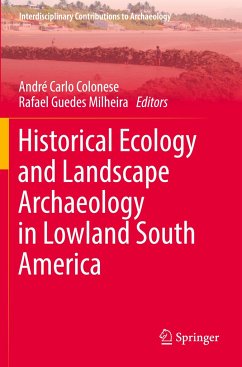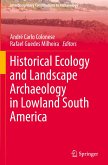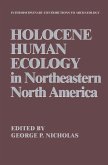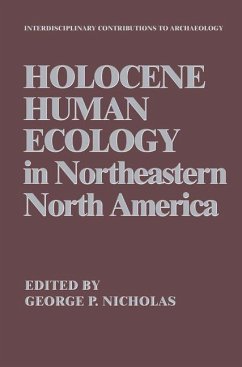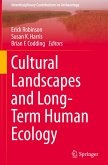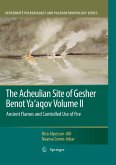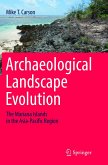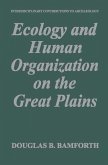This edited volume scrutinizes how pre-Columbian human societies have shaped and transformed lowland South America - contributing to biological and landscape diversity. This geographic area has supported human populations since at least the transition from the Pleistocene to Holocene, but the nature and scale of these interactions are matters of debate and their legacy to modern lowland environments is not fully understood.
This book brings together works from distinct disciplines, including theoretical and methodological approaches on single case studies or broad regional syntheses, with no chronological constraint. The editors aim to generate a novel contribution reporting the most recent and ground-breaking research on human interactions with past environments and resources in lowland South America, from pre-Columbian to Colonial times. The volume also discusses the legacy of these past interactions and their potential contribution to informing current conservationand development agendas, providing examples of how archaeology and paleoecology can fill gaps in conservation and developmental policy. This volume will be of interest to students, archaeologists, and readers of Latin American studies.
This book brings together works from distinct disciplines, including theoretical and methodological approaches on single case studies or broad regional syntheses, with no chronological constraint. The editors aim to generate a novel contribution reporting the most recent and ground-breaking research on human interactions with past environments and resources in lowland South America, from pre-Columbian to Colonial times. The volume also discusses the legacy of these past interactions and their potential contribution to informing current conservationand development agendas, providing examples of how archaeology and paleoecology can fill gaps in conservation and developmental policy. This volume will be of interest to students, archaeologists, and readers of Latin American studies.

